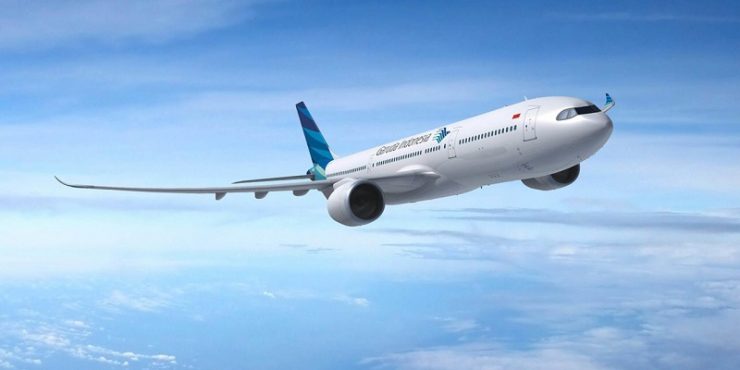THE national airline Garuda Indonesia optimises aircraft maintenance because well-maintained aircraft are considered to be better prepared for bad weather.
According to the President Director of Garuda Indonesia, Irfani Setiaputra, said that the quality of maintenance (aircraft), I want to emphasize that it must be prime because it is influenced by maintenance capabilities, the condition is ready. Garuda does not rule out the possibility of having to change standard operating procedures (SOPs) in the face of bad weather because they prioritize safety factors.
“Because we emphasize security and safety as the spearhead of Garuda’s activities, apart from the usual conditions, we also prepare for extreme conditions. For that, I mention two things that are prepared to face extreme weather, namely ensuring that the aircraft is flown and is properly maintained and can be flown,” he said.
Irfan Setiaputra explained, however, that the final decision for the pilot was to decide whether to fly or not, especially in extreme weather. The small case of the wiper not working, the pilot said he could not fly and changed planes, causing delays.
He added that Garuda Indonesia also ensures that operators at the airport understand the manual and are ensured to have high vigilance that allows 24-hour monitoring so that it can be anticipated as well as possible.
“SOP for the flight itself, Meteorology, Climatology, and Geophysical Agency (BMKG) weather is obtained every day. So BMKG is our partner and get the latest flight information. And some time before the flight happened. To ensure the latest information we get, we do to make sure the aircraft being flown is ready and the personnel involved. What needs to be prepared. The information we get delays flights if necessary. Forecast the weather conditions,” he noted.
Asking for this information, he continued that is not only about the weather but the length of the runway whether the standing water is sufficient and providing information regarding turbulence. Finally, the pilot has full authority whether the landing is carried out as planned or diverted.
He stated the most common weather obstacle was high rainfall, making it difficult for pilots because it interfered with visibility. Apart from rainy weather, Irfan mentioned another obstacle, namely volcanic ash bursts that could cause flight delays for several days later, because volcanic ash has the potential to damage the engine.
“If it rains, you can still wait. Passengers can find out particularly landing weather conditions at the landing site. This ash affects aircraft engines too. I also make sure all information is conveyed to prospective passengers, so that in case of weather problems, passengers have the right to know and take the next step,” he concluded. [antaranews/photo special]
















